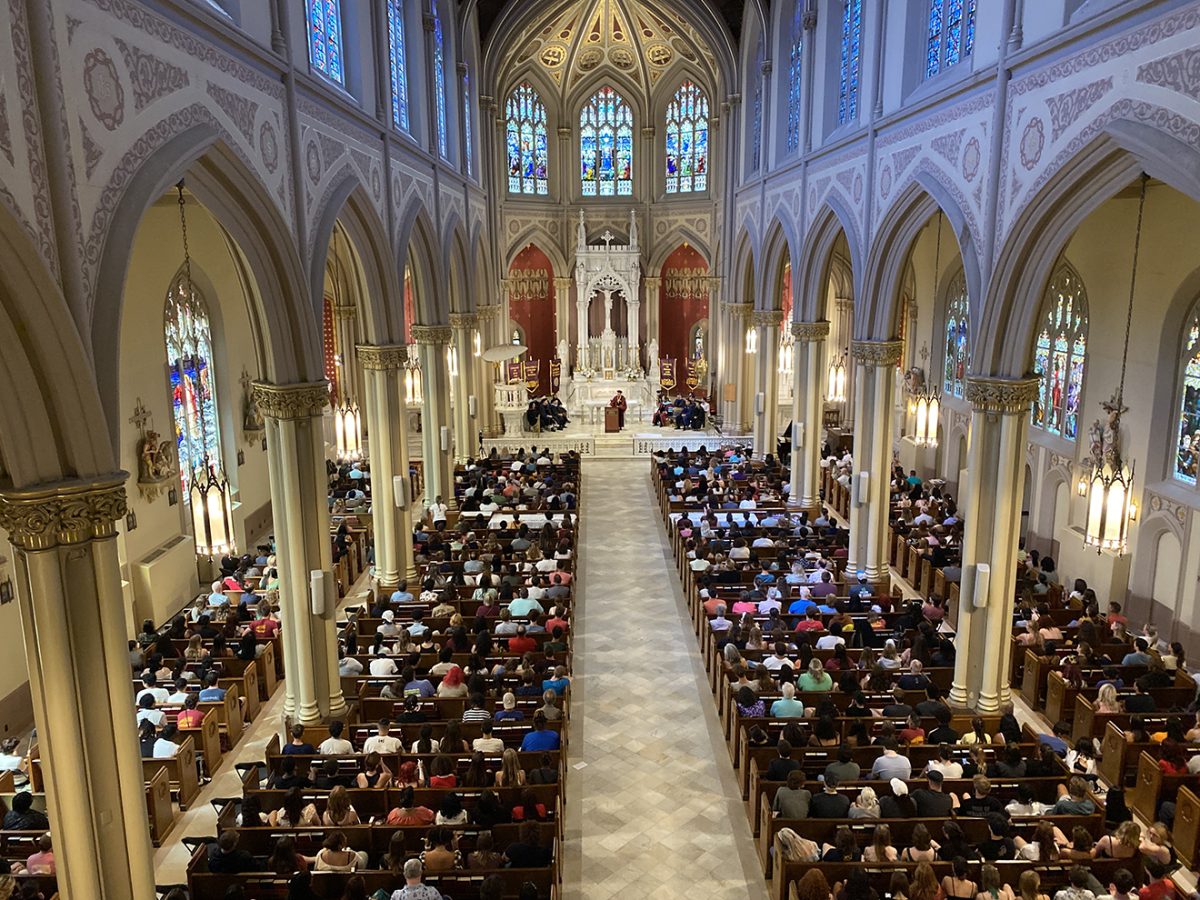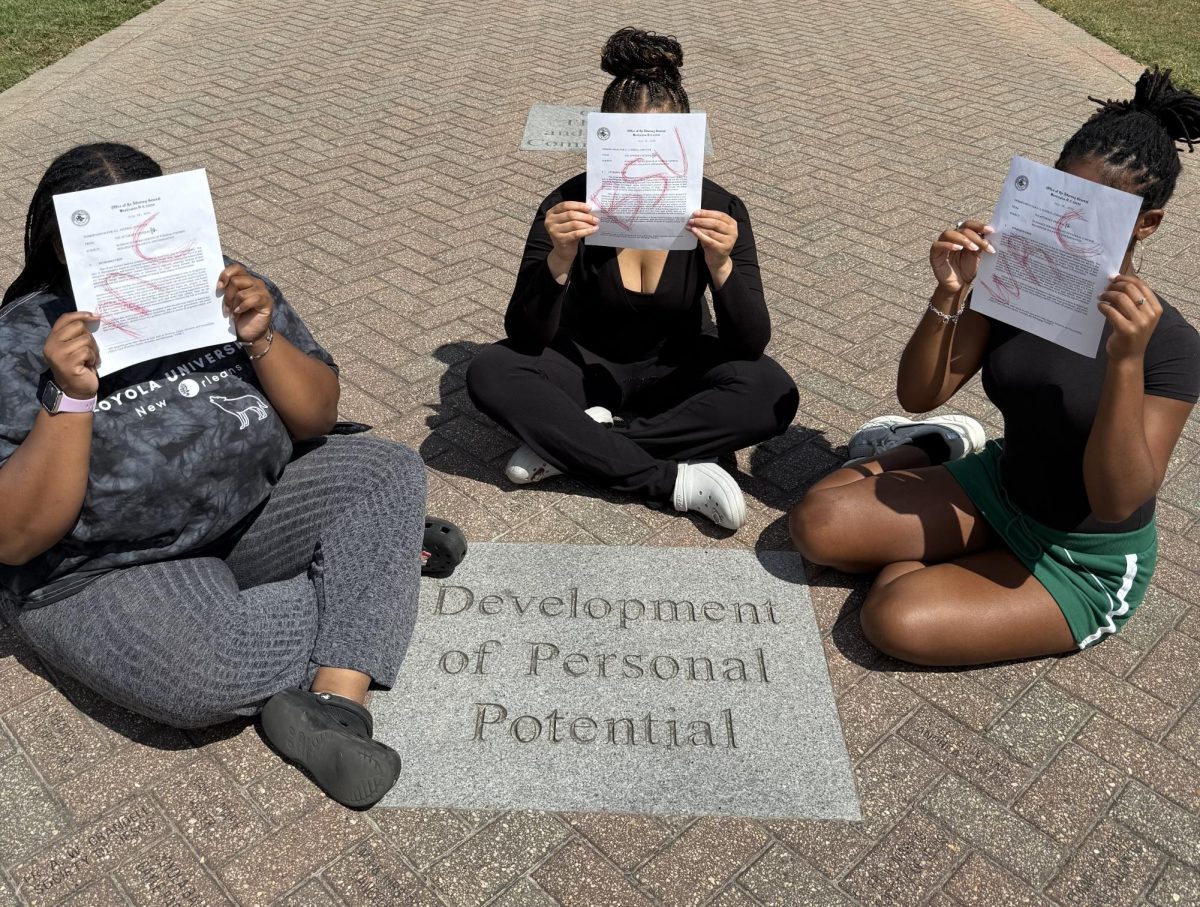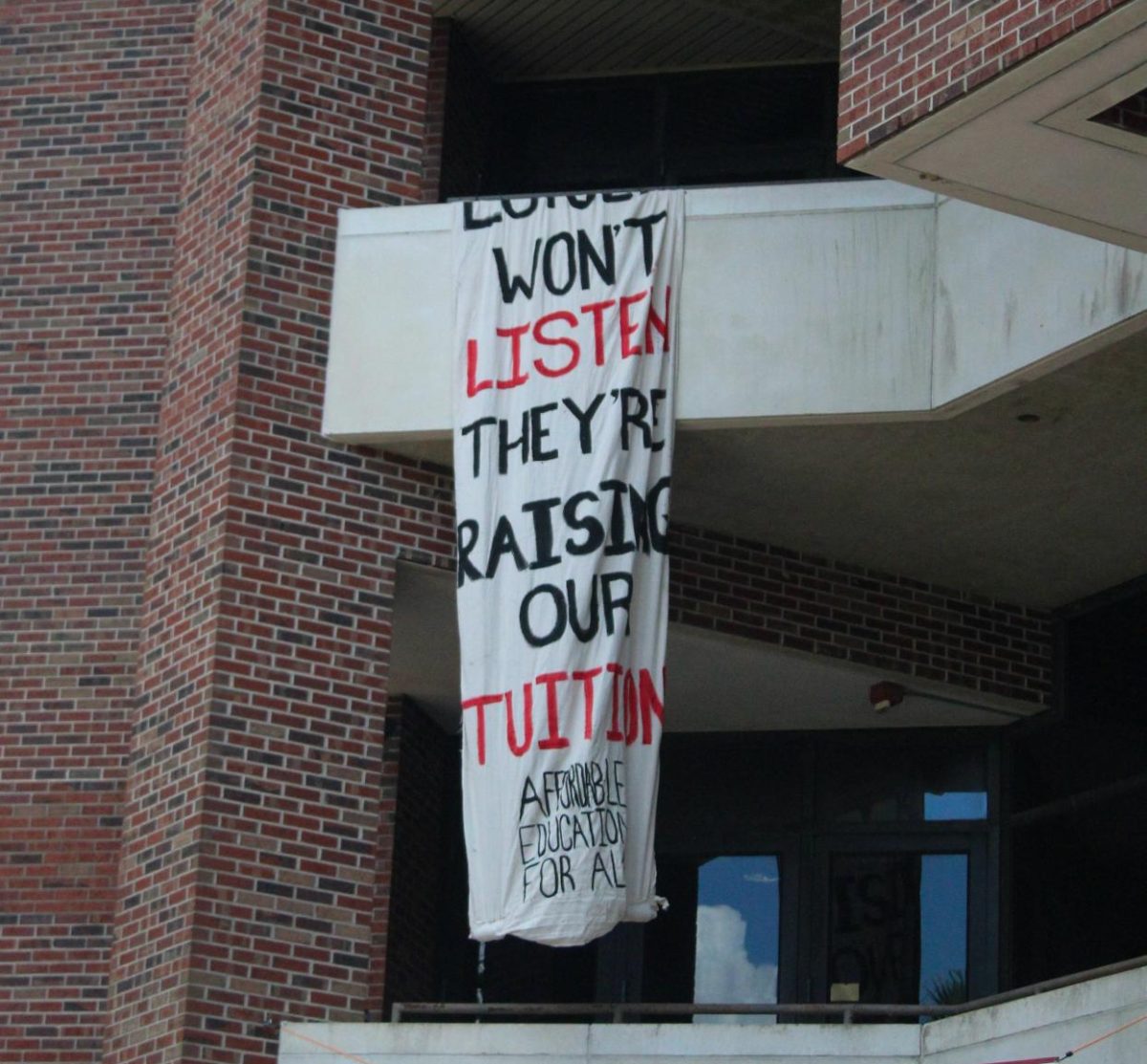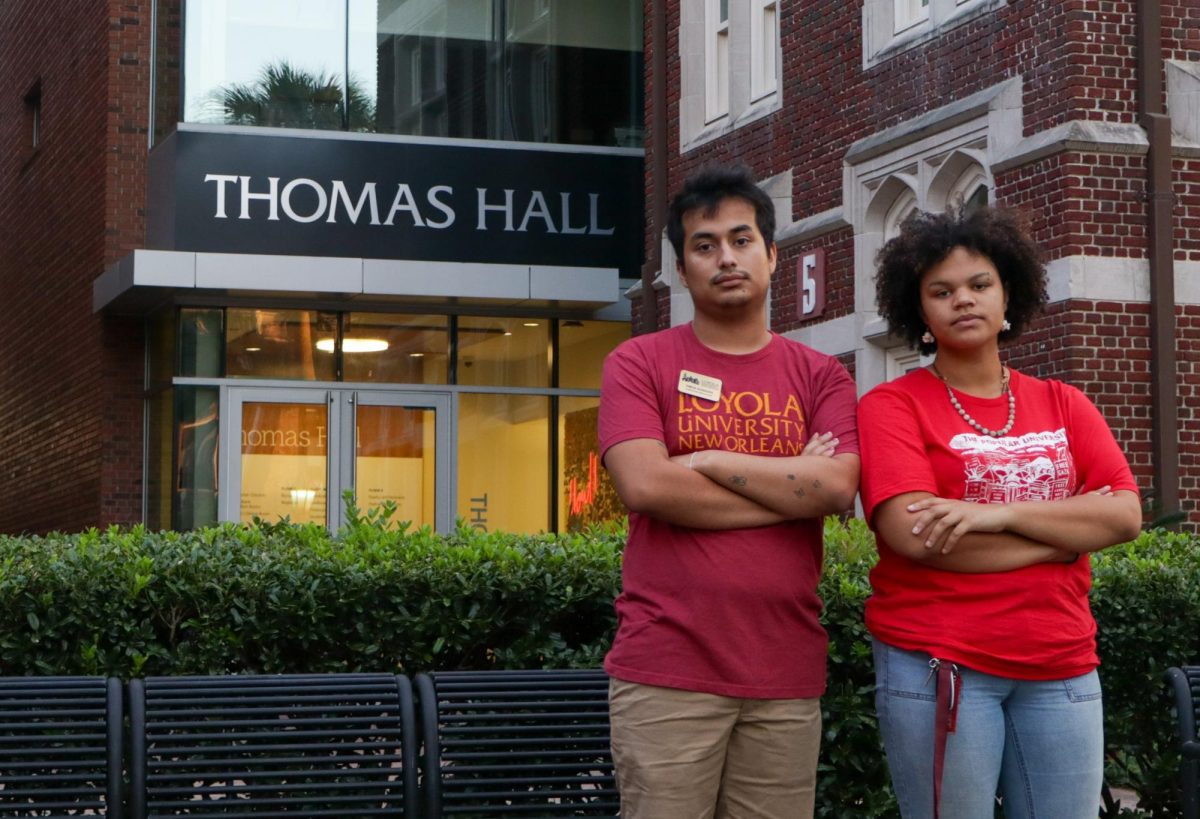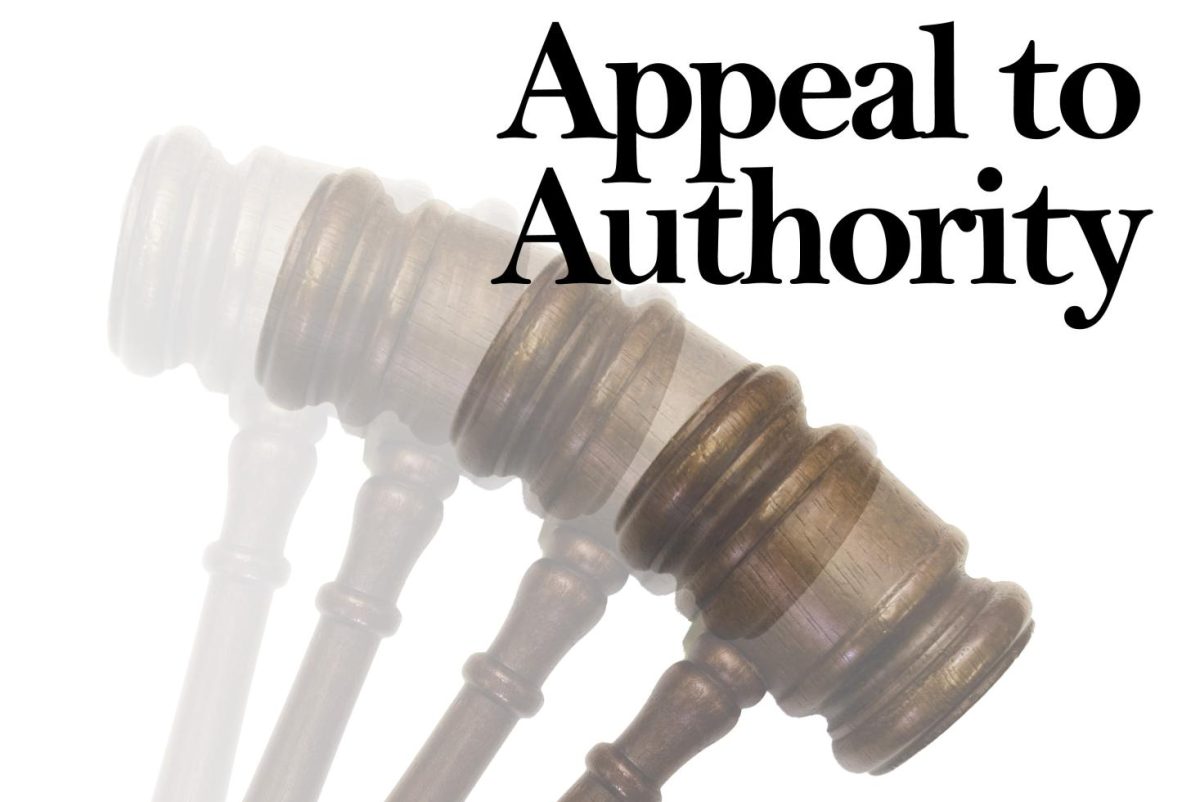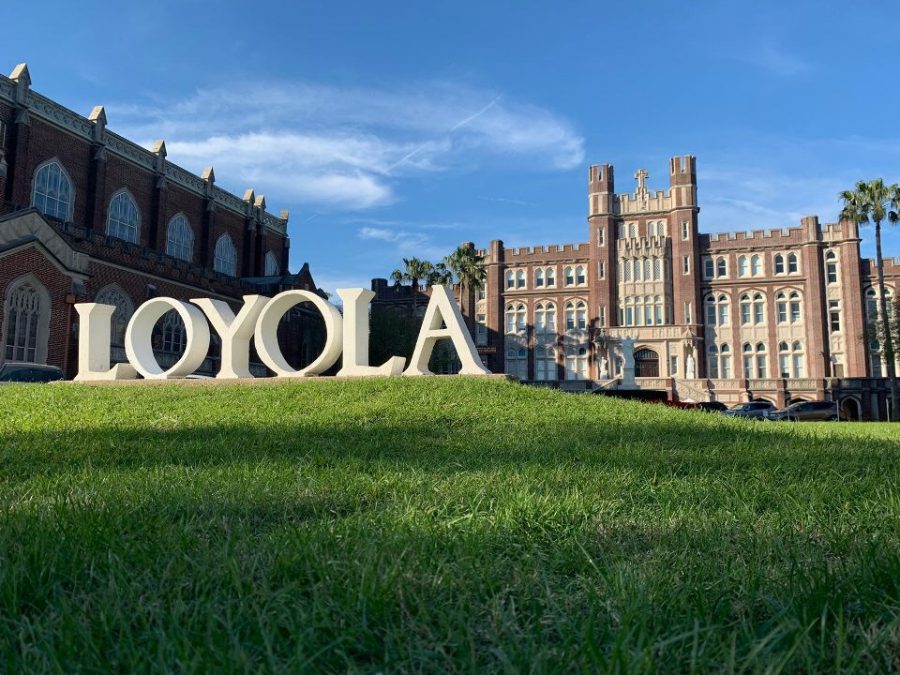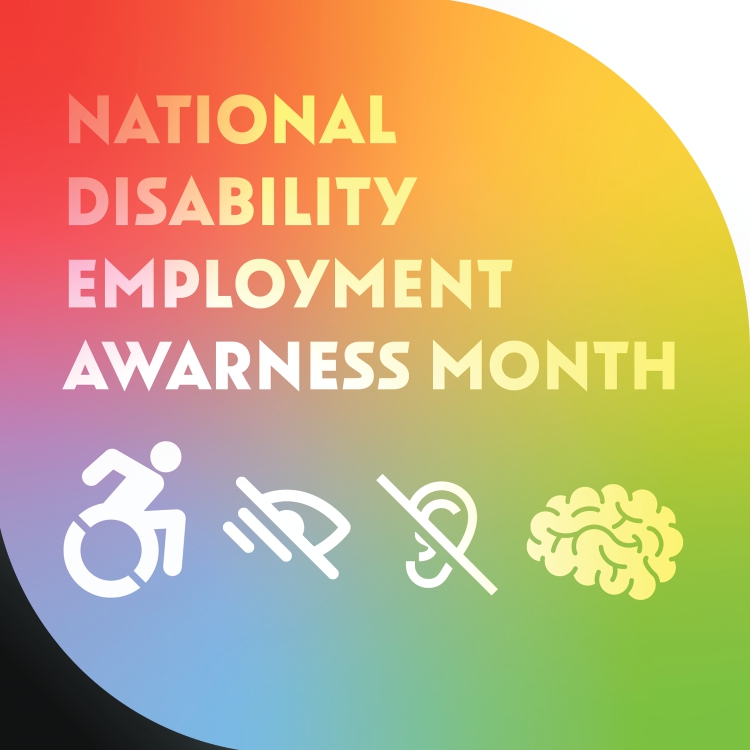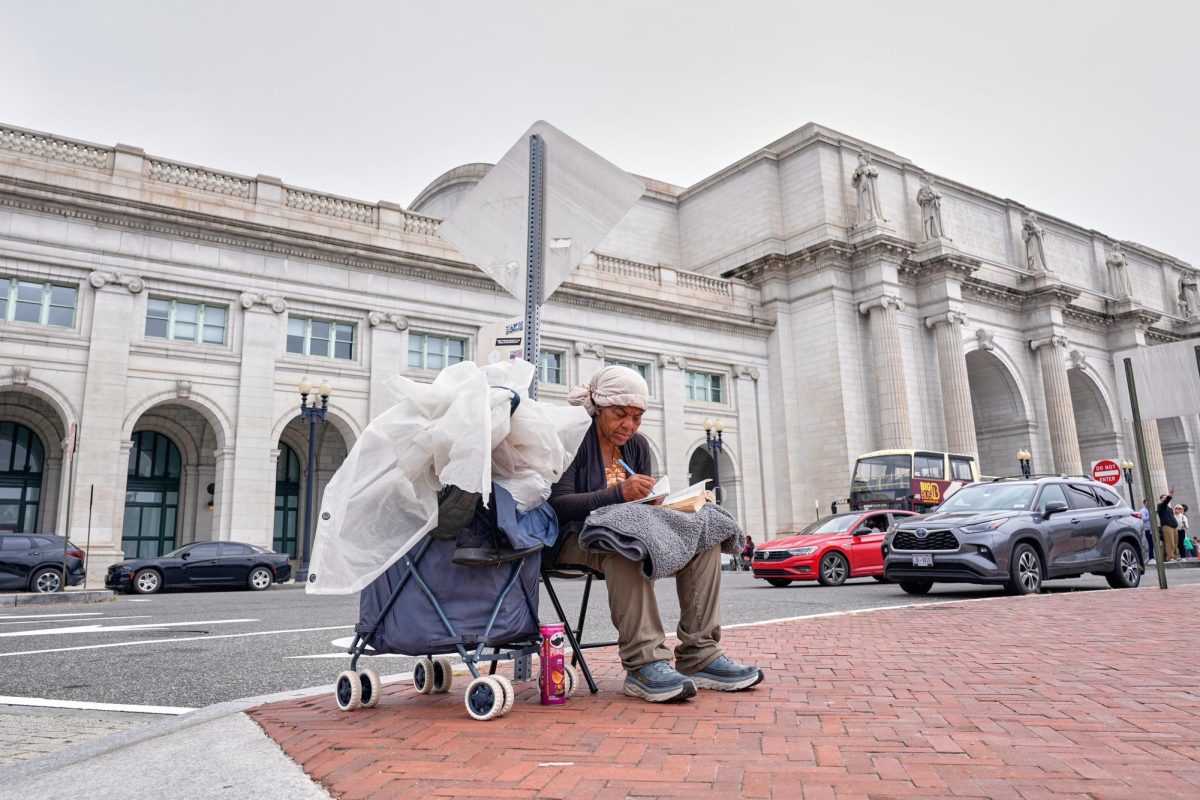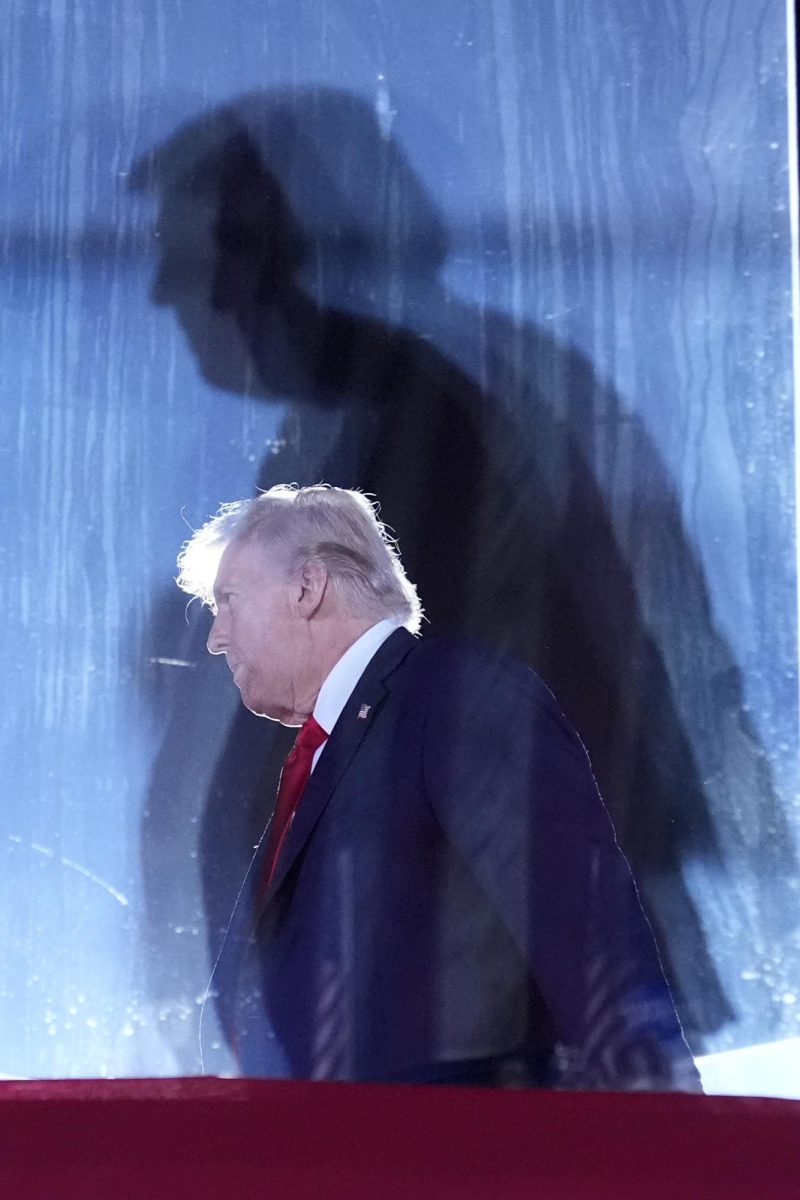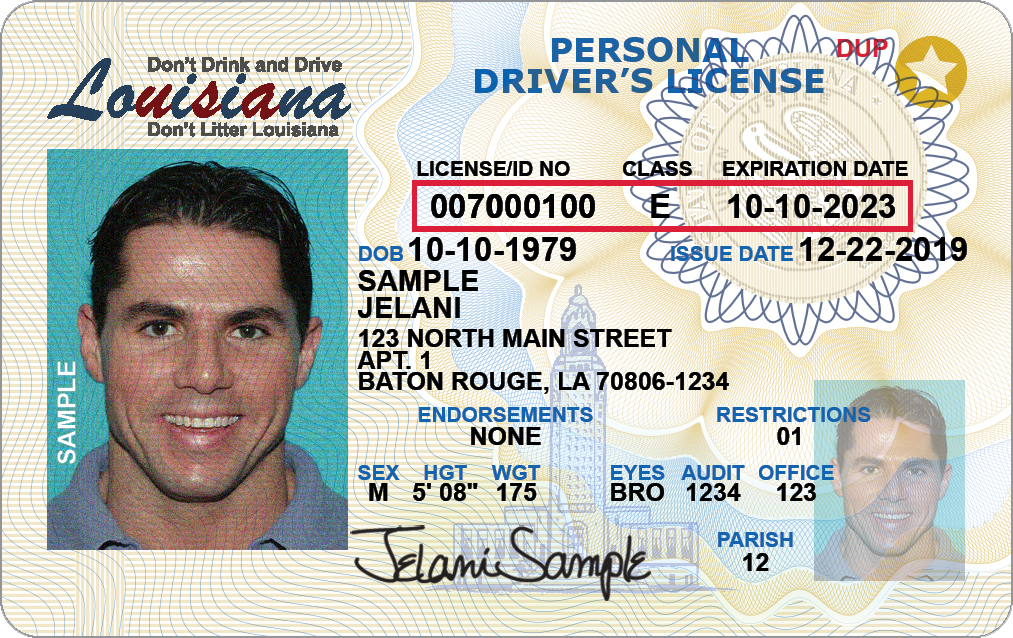Over the summer, students received an email by Loyola President Xavier Cole discussing how the ruling in the Students for Fair Admissions v. University North Carolina and Students for Fair Admissions v. Harvard would affect the students at Loyola.
The Supreme Court handed down their decision on June 29, ruling that it was unconstitutional for universities to have race-based admissions under the equal protection clause of the fourteenth amendment.
In his email, Cole said the university would continue to serve a diverse group of students, despite the ruling.
“Our Jesuit, Catholic mission calls us to create an inclusive community that welcomes all students. We have and will always prioritize and value the contributions that individuals from all manner of diverse backgrounds bring to our learning environment,” he wrote.
Political science senior Sofia Odom said this email from Cole helped calm any of the worries she had and looks forward to Cole as the new university president.
“He’s brought up points about the new DEI approval their bringing into office I believe and continuing efforts to ensure Loyola is a hispanic serving institution so I think all of those factors just show that he, specifically, is a president who is committed to diversity, equity, and inclusion,” she said.
Despite Cole’s email, Odom said she is still worried about what it could mean for the future of higher education, including Loyola.
“We actually have precedent right now in this case that says restorative reparative action isn’t necessarily unconstitutional but that platform, that possibility, has been raised. So not only do I think that’s going to affect Loyola’s admissions, I think that’s going to affect admissions into universities across the country,” Odom said.
Director of Undergraduate Admissions Harvey Werner said this ruling won’t really affect Loyola but mostly larger universities with a bigger pool of students to choose to admit.
Loyola, according to Werner, doesn’t need to worry on race-based admissions due to already naturally gaining numbers of different races and ethnicities in admissions.
“It potentially will affect the institutions that are truly selective universities, which is truly a small selection,” Harvey said. “The vast majority of institutions like us, we admit any student that meets the stated requirements, regardless of what the number is.”
Harvey said the biggest way this is going to affect admissions into Loyola in the future is by removing the race box on the application, even though Harvey said this isn’t a factor that has truly been used in the past.
“Truly when I think of our process and just other institutions I’ve worked at, there isn’t an infusion on whether you are or aren’t admitting a student primarily based on any of those factors,” he said.


